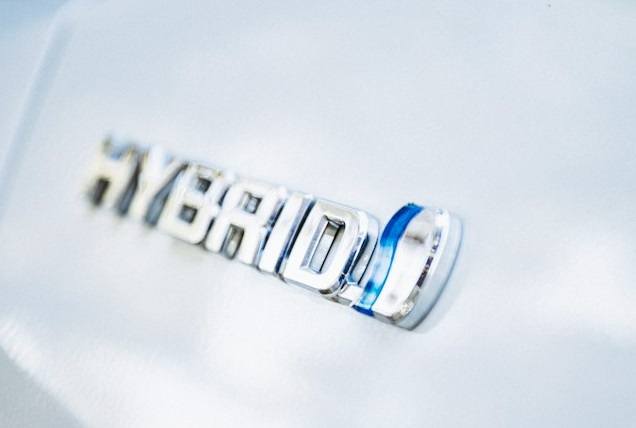In recent years there has been a rising interest in environmentally friendly vehicles as more people become aware of the pressing need to reduce carbon emissions. One popular option among eco-conscious consumers is plug-in hybrid cars. These vehicles combine the benefits of both gasoline engines and electric motors, but are they truly worth buying? Let’s take a closer look at the pros and cons of plug-in hybrids to help you make an informed decision.
Firstly, one of the biggest advantages of plug-in hybrid cars is their lower impact on the environment compared to traditional gas-powered vehicles. By relying partially on electric power, plug-in hybrids emit less greenhouse gases, contributing to cleaner air and reduced dependence on fossil fuels. This makes them an excellent choice for those who want to make a positive impact on the planet.
What Person Are You According to Your Favorite Car Brand?
Another significant benefit of plug-in hybrids is the potential for fuel cost savings. Since these cars can be charged using electricity, owners have the ability to take advantage of cheaper electricity rates, especially during off-peak hours. Additionally, plug-in hybrids typically have higher fuel efficiency ratings than conventional cars. This means that they can travel more miles per gallon of gasoline, ultimately saving money at the pump.
Furthermore, plug-in hybrid cars provide drivers with increased flexibility and peace of mind. Their combination of electric motors and gasoline engines means that they can run solely on electricity for short commutes, reducing or eliminating the need for gasoline altogether. On longer trips, the gasoline engine takes over, ensuring that range anxiety is not an issue. This versatility eliminates any concerns about finding charging stations and allows drivers to enjoy the benefits of electric power without sacrificing convenience.
On the other hand, there are some downsides to consider before purchasing a plug-in hybrid car. One notable disadvantage is the higher initial cost. Compared to traditional gasoline-powered vehicles, plug-in hybrids tend to carry a higher price tag. However, it is important to remember that the cost can be offset by government incentives and potential fuel savings over the lifespan of the vehicle.
Choosing a Second-Hand Car: What to Look for When Buying a Used Vehicle
Another point to consider is the limited electric range of plug-in hybrids. While they offer exceptional efficiency for short commutes, their battery range may not be sufficient for longer journeys. This means that relying solely on electric power might not be possible, leading to increased fuel consumption. However, the gasoline engine comes into play in such situations, making these vehicles more versatile than fully electric cars.
Plug-in hybrid cars come with a range of pros and cons. They offer lower emissions, potential fuel savings, and increased flexibility, making them an attractive option for eco-conscious consumers. However, the higher initial cost and limited electric range should also be taken into consideration. Ultimately, whether a plug-in hybrid is worth buying depends on individual preferences and needs. If sustainability and fuel efficiency are your main priorities, a plug-in hybrid car could be






